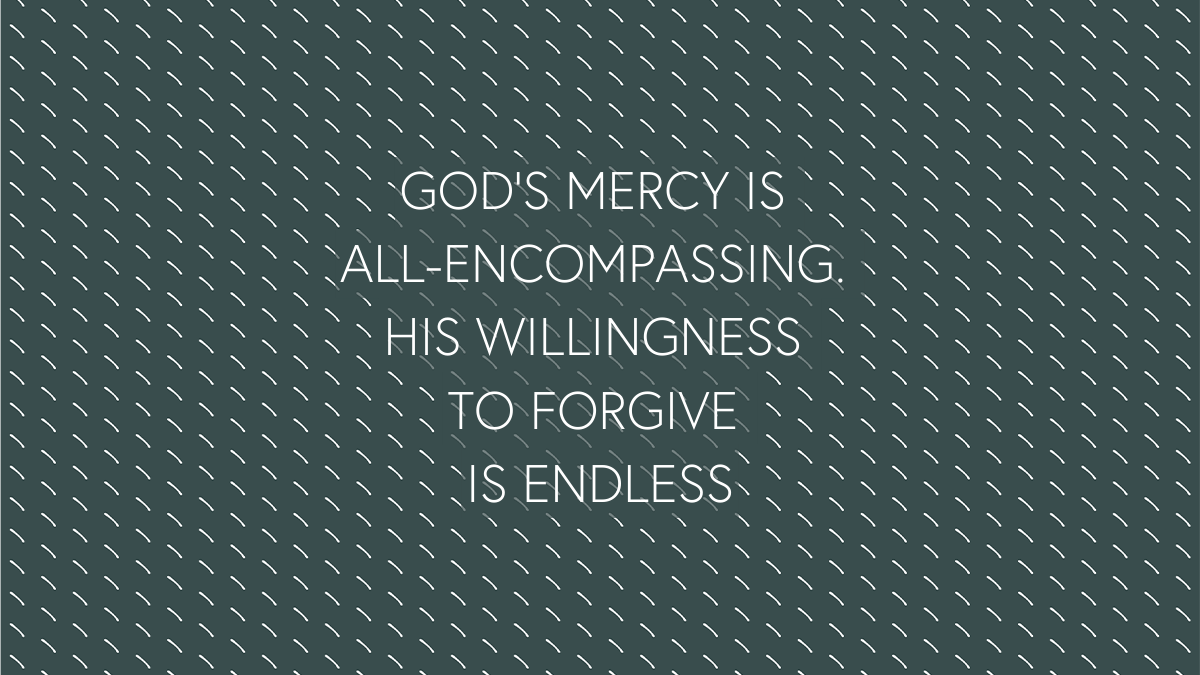When I was about 10 years old, I took my 5-year-old brother on a heist. We secretly picked arm-fulls of fresh, ripe pea pods from my parent’s vegetable garden. Then, hiding in a disused doorway of our big, rambling farmhouse, we proceeded to squeeze open and devour the firm, plump peas one pea pod at a time. Each empty pod got thrown onto the driveway. Later that afternoon, when my father came home, I could not understand how he knew about my pilfering. With his questioning, I had to own up.
“Where are you?” God asked Adam.
With God’s first question in the Garden of Eden, we discover how the first couple owned up to their sin. It also helps us to know how to admit our own wrongdoing, especially when we don’t feel like doing so.
God’s question suggests he had been used to Adam and Eve being there when he came to walk in the garden in the cool of the day. The Creator’s purpose seems to be more than to enjoy the paradise he had created, but to spend time with the couple. Yet, the question was not to elicit Adam and Eve’s whereabouts, for there was nowhere, as with any of us, they could hide from God’s presence. The question, instead, indicates the need for a response to Adam and Eve’s disobedience, that God already knew had been committed.
Sin had entered the world and taken its grip on the couple. Guilt and shame led to them wanting to cover up and hide.
Our Reactions
How often do we hide or avoid God when we know we are in the grip of wrongdoing, however big or small? Or how often does shame for what we have done keep us from feeling respectable or worthy in God’s presence?
Adam and Eve do respond to God’s question, and so we read the first example of human reaction to the first sin.
Perhaps Adam and Eve’s reactions are not the best example of accepting responsibility, but we can see how easily, following in Adam and Eve’s footsteps, we sometimes do not want to own up to our wrongdoing. Not only can we hide away and divert ourselves from God’s probing, but we can pass the blame or make excuses.
“The woman you put here with me—she gave me some fruit from the tree, and I ate it.” What Adam says is true but it is not an admission of his own responsibility. And the same with Eve: The woman said, “The serpent deceived me, and I ate.”
Maybe Adam and Eve hadn’t yet learned that God’s mercy is great. But, thankfully for us, the rest of the Bible shows us that when we admit we are wrong, God is always willing to forgive and make things right.
God’s mercy is all-encompassing.
His willingness to forgive is endless.
This is how the the writer of Psalm 103 puts it:
God is sheer mercy and grace; not easily angered, he’s rich in love. He doesn’t endlessly nag and scold, nor hold grudges forever. He doesn’t treat us as our sins deserve, nor pay us back in full for our wrongs. As high as heaven is over the earth, so strong is his love to those who fear him. And as far as sunrise is from sunset, he has separated us from our sins.
Psalm 103:8-12 MSG
We can follow in the footsteps of the Psalmist and others who know God to be generous. It is best to go all the way in disclosing what God already knows.
We can rely on God’s generosity to show compassion and forgiveness and give us a fresh start.
When we own up, then we discover God is willing to forgive, forget, and change us from the inside out.
If we admit our sins—simply come clean about them—he won’t let us down; he’ll be true to himself. He’ll forgive our sins and purge us of all wrongdoing.
1 John 1:9 MSG
Your Response
Lord God,
you are generous in grace
bountiful with mercy
loving and kind.
Forgive my wrongdoing.
Give me a fresh start.
In Jesus’ name.
Amen
